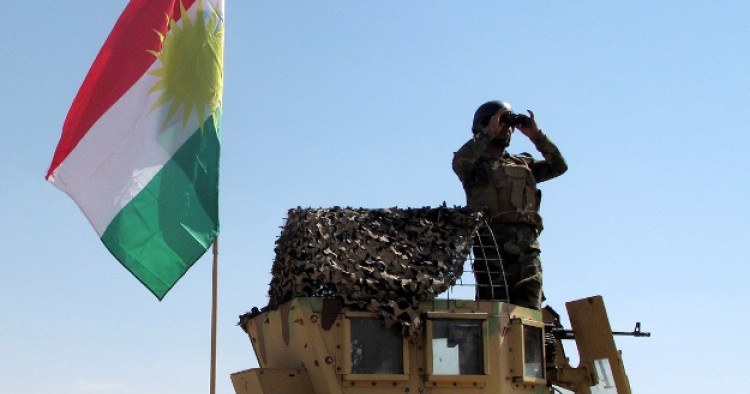This article was co-written by Sarkawt Shamsulddin, co-founder of the Kurdish Policy Foundation. It was first published on CNN.
As U.S. President Barack Obama decides on the best strategy to deal with the threat posed by ISIS in Iraq, Syria and beyond, his final plan of action will undoubtedly include the participation of like-minded allied countries and regional partners.
One such partner are the Kurds of northern Iraq who regard ISIS as the biggest threat since the fall of the Saddam Hussein regime in 2003. The Kurds, however, are hoping for a more robust and lasting U.S. commitment as part of rekindled Kurdish-American cooperation.
Meanwhile, it might be timely for Washington to reassess its previous refusal to directly engage with Kurdish armed forces. As the last few weeks of military battles against ISIS show, when American assistance has not been forthcoming, the Iraqi Kurds have turned to Iran for help.
In terms of identity, the Kurdish Regional Government (KRG) in northern Iraq stands apart from most of the rest of the Middle East due to its secular way of life and pro-Western orientation. And what the Kurds have put together here since securing autonomy from Baghdad in 2005 is antithetical to the primordial worldview of ISIS, which calls itself the Islamic State.
Now, with its record of relative stability and nascent democracy in danger, officials in the KRG are once again turning to the United States. The Kurds have welcomed Washington's decision to confront ISIS. At the same time, however, officials in Irbil are urging the Obama administration to start a long overdue process of helping the Kurds help themselves by empowering them militarily.
The simplest of facts about the Kurdish armed forces -- the Peshmerga -- are hard to miss. Despite the heightened enthusiasm to repel ISIS, the Peshmerga continue to suffer from some elemental structural drawbacks.
Continue reading this article on CNN.
The Middle East Institute (MEI) is an independent, non-partisan, non-for-profit, educational organization. It does not engage in advocacy and its scholars’ opinions are their own. MEI welcomes financial donations, but retains sole editorial control over its work and its publications reflect only the authors’ views. For a listing of MEI donors, please click here.












